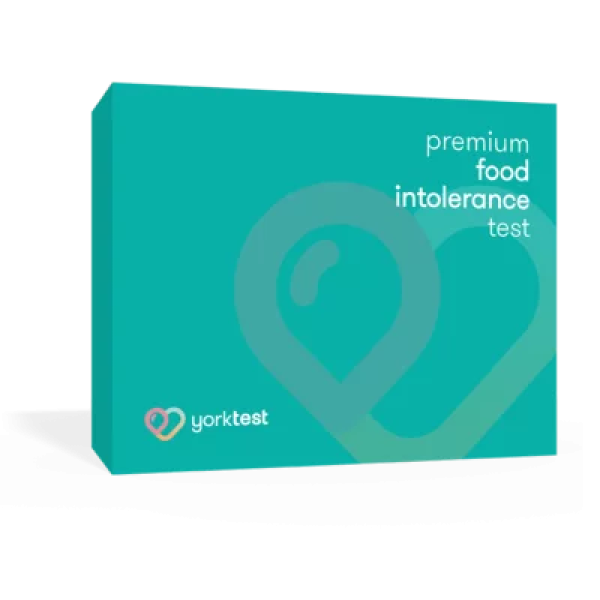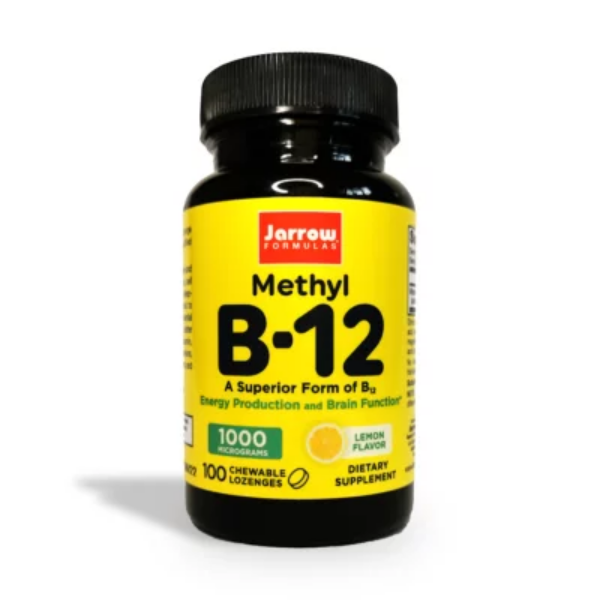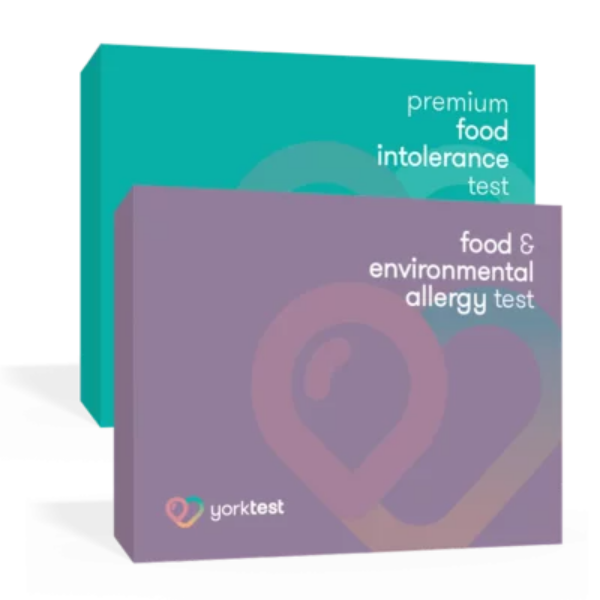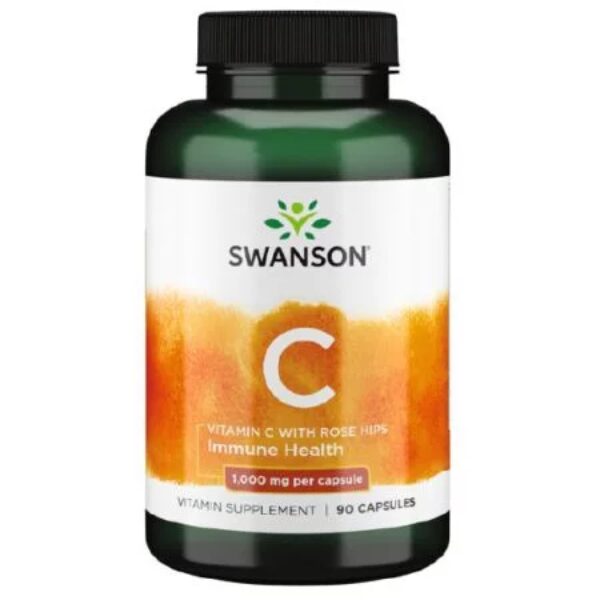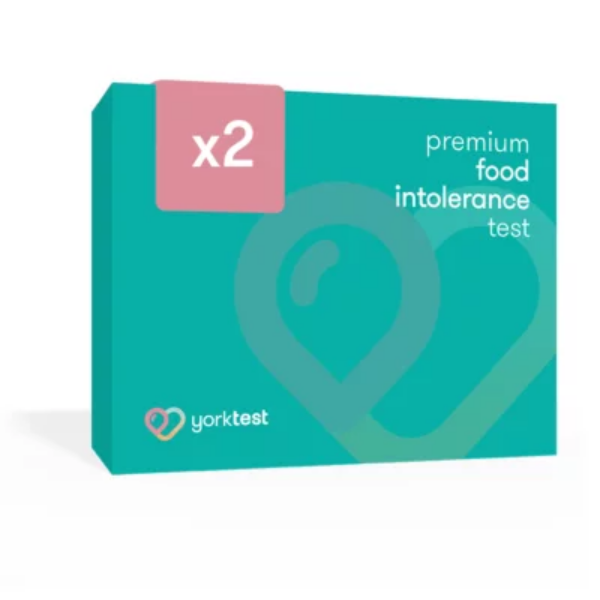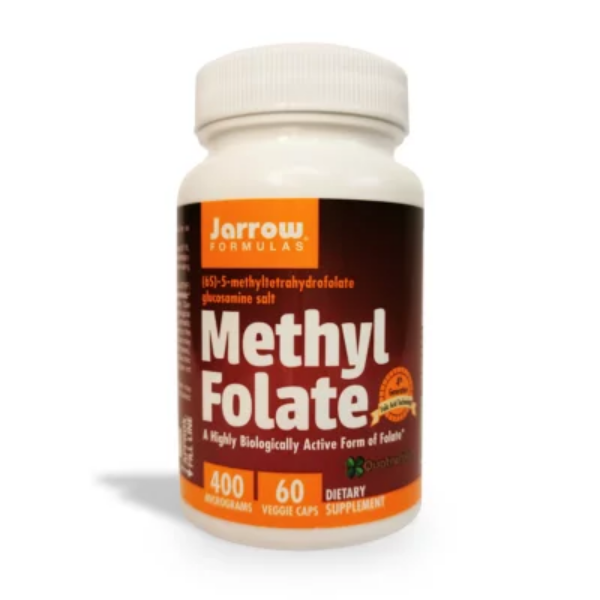Nut Intolerance
If you have an intolerance (defined by YorkTest as a food-specific IgG reaction) to nuts, your body produces an inflammatory response to one or more of the particular nut proteins. It is important to understand that a nut Intolerance is very different to nut allergy.
If you have an allergy to nuts, you may feel unwell immediately after consuming them, experiencing a serious reaction which often requires instant medical attention. If you have nut intolerance, the reaction you may experience would be delayed and less severe.

Symptoms of a nut intolerance
As with all food intolerances, the severity, range, and type of nut intolerance symptoms can vary widely from person to person (we refer to this as our unique ‘food fingerprint’). Although not everyone might experience the full range, common symptoms of almond intolerance can include:
Bloating
Stomach pain
Stomach cramps Wind
Nausea
Diarrhoea
Eczema
Itchy
skin Acne
Tiredness
Runny nose
Sinusitis
As with all food intolerances, nut intolerance symptoms might take up to 72 hours to appear. This means that pinpointing nuts as the exact trigger can be difficult, and when experiencing symptoms it can be easy to assume that something eaten more recently is the cause*.
If you suspect that nuts could be making you feel ill but can’t be certain, then taking a food intolerance test is a good idea. This way you can eliminate any guesswork, and find out whether it really is nuts, or something else, that’s triggering your food intolerance symptoms. Finding out your own personal dietary intolerances and the effects they have on your health and wellbeing is important to ensure you make the best possible food choices to balance your diet.
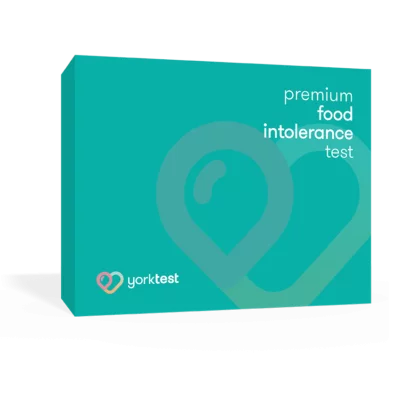
Premium Food Intolerance Test

0% interest for 4 months with PayPal Credit. Learn more
+ FREE Delivery on all orders
Easy to use home-to-laboratory test kit
Take our most comprehensive food and drink intolerance* test to find out whether you have an intolerance to 200 food and drink ingredients. Simply take a finger-prick blood sample and return by post for testing. Receive your results within 7 days! No social interaction required. Optimise your lifestyle with our support, knowing which foods you’re reacting to.- Discuss your results with a nutritional therapist. One 30-minute consultation included
- Measures all four subtypes of food-specific IgG
- Simple finger-prick blood test
- Receive expert, accurate analysis from our fully-accredited laboratory technicians
- Results listed in easy-to-read traffic light values: high, borderline, and normal reactivity
- Track your progress with a food and drinks diary
- Consistent with NHS guidance on food intolerance and the role of laboratory blood testing
- This test is not available to customers who are pregnant or breastfeeding
What should I do if I think I’m intolerant to nuts?
If you regularly experience any of the symptoms detailed above, and think that nuts might be the cause, it’s important to look towards getting to the root of the problem. First, it’s worthwhile booking an appointment to see a doctor to find out if another underlying problem might be the cause, and to rule out more serious problems like nut allergy
Once you’ve ruled out any other potential triggers for your symptoms, then taking a food intolerance testis a good next step. This way, you can find out exactly which foods might be responsible for your symptoms, and receive help from a qualified Nutritional Therapist, to tailor your diet in a way that works for you. Plus, with the right approach, food intolerances aren’t always permanent, meaning that you might not have to cut nuts out of your diet forever.
Do you feel that nuts may not be agreeing with you? It could be time to take a deeper look at your diet. Take a yorktest Food&DrinkScan food intolerance test, to find out which foods are not agreeing with you and receive a personalised consultation to enable you to eliminate your trigger foods.
*yorktest find that our customers with symptoms on average react to between 2 and 8 foods, meaning that simply cutting out one food might not have a desired benefit.
Nut replacements for a balanced diet
Nuts provide your diet with good fats, as well as being a source of zinc, calcium and protein. If you have nut intolerance, you can supplement your diet with a variety of alternatives including:
• Olives
• Sunflower seeds
• Pumpkin seeds
• Avocado
If you have found out that you are intolerant to nuts, changing your diet need not be daunting. yorktest Nutritional Therapists are here to help you understand how to optimise your food choices.

4 Simple Steps To A Better You
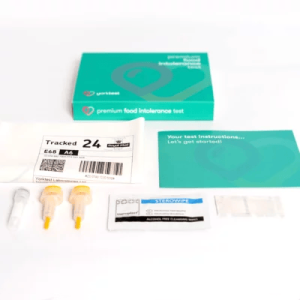
You will receive your testing kit in the post

Take a blood sample with our easy to use finger-prick test kit

Send your sample back in the prepaid envelope provided












